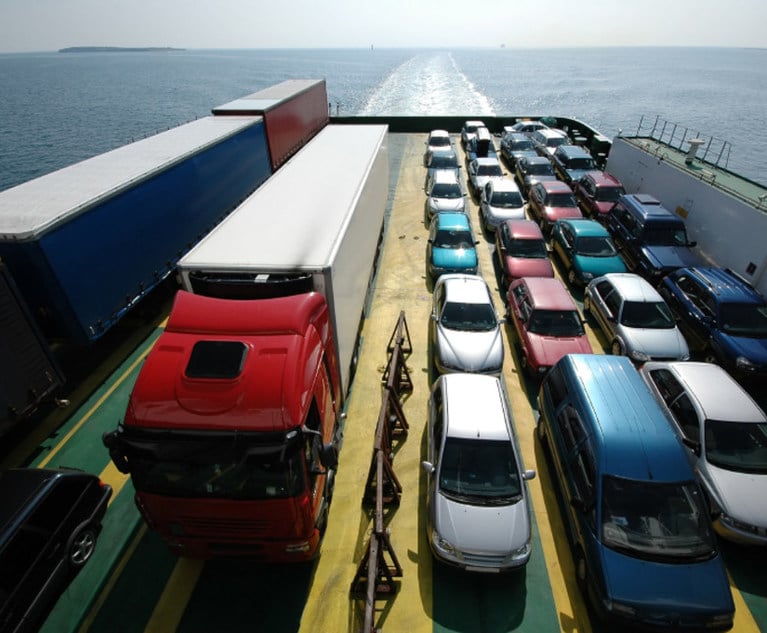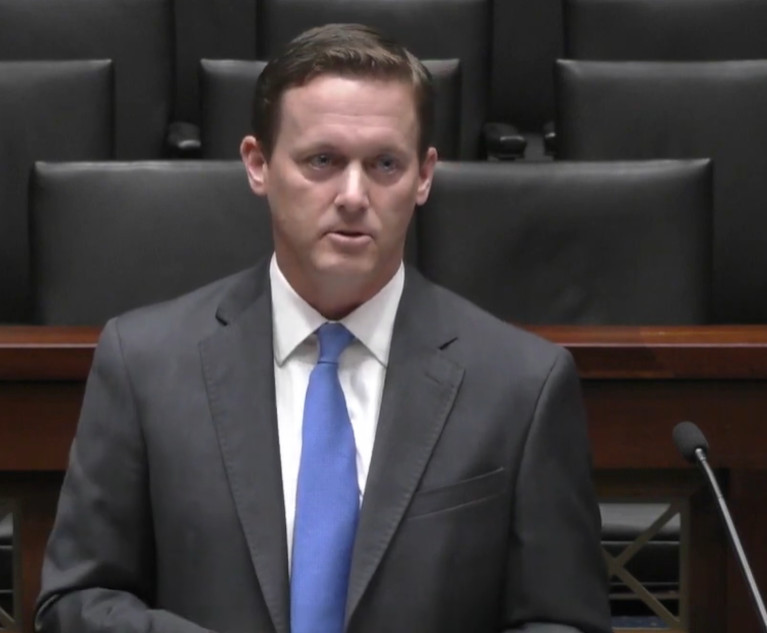Before the U.S. Supreme Court’s decision in CITGO Asphalt Refining Co. v. Frescati Shipping Co., Ltd.(“ATHOS I”), the federal circuit courts differed in their interpretation of whether certain language in a charterparty constituted a safe-berth warranty. The Second Circuit held that the words “safe berth, always afloat” impose a strict-liability warranty while the Fifth Circuit held that a safe-berth clause only imposed upon the charterer a duty of due diligence to select a safe berth.
In 2004, the tanker ATHOS I spilled 264,000 gallons of heavy Venezuela crude oil in the Delaware River after it struck a nine-ton anchor as it transited to Citgo’s asphalt refinery in Paulsboro, New Jersey. Citgo Asphalt Refining Co. (CARCO) sub-chartered the vessel from tanker operator Star Tankers, who chartered the vessel from Frescati Shipping Company (“Frescati”). The sub-charterparty included safe-berth language derived from the ASBATANKVOY (the Association of Ship Brokers & Agents (USA) Inc. Voyage Charter) charter form and said: “[t]he vessel shall load and discharge at any safe place or wharf … which shall be designated and procured by the Charterer, provided the Vessel can proceed thereto, lie at, and depart therefrom always safely afloat.” The sub-charterparty also required CARGO to direct the vessel to a “safe berth” along the U.S. Atlantic Coast. ATHOS I was approximately 900 feet away from the berth when it struck the anchor.


 Photo: Lars K. Christensen/iStockphoto.com
Photo: Lars K. Christensen/iStockphoto.com




